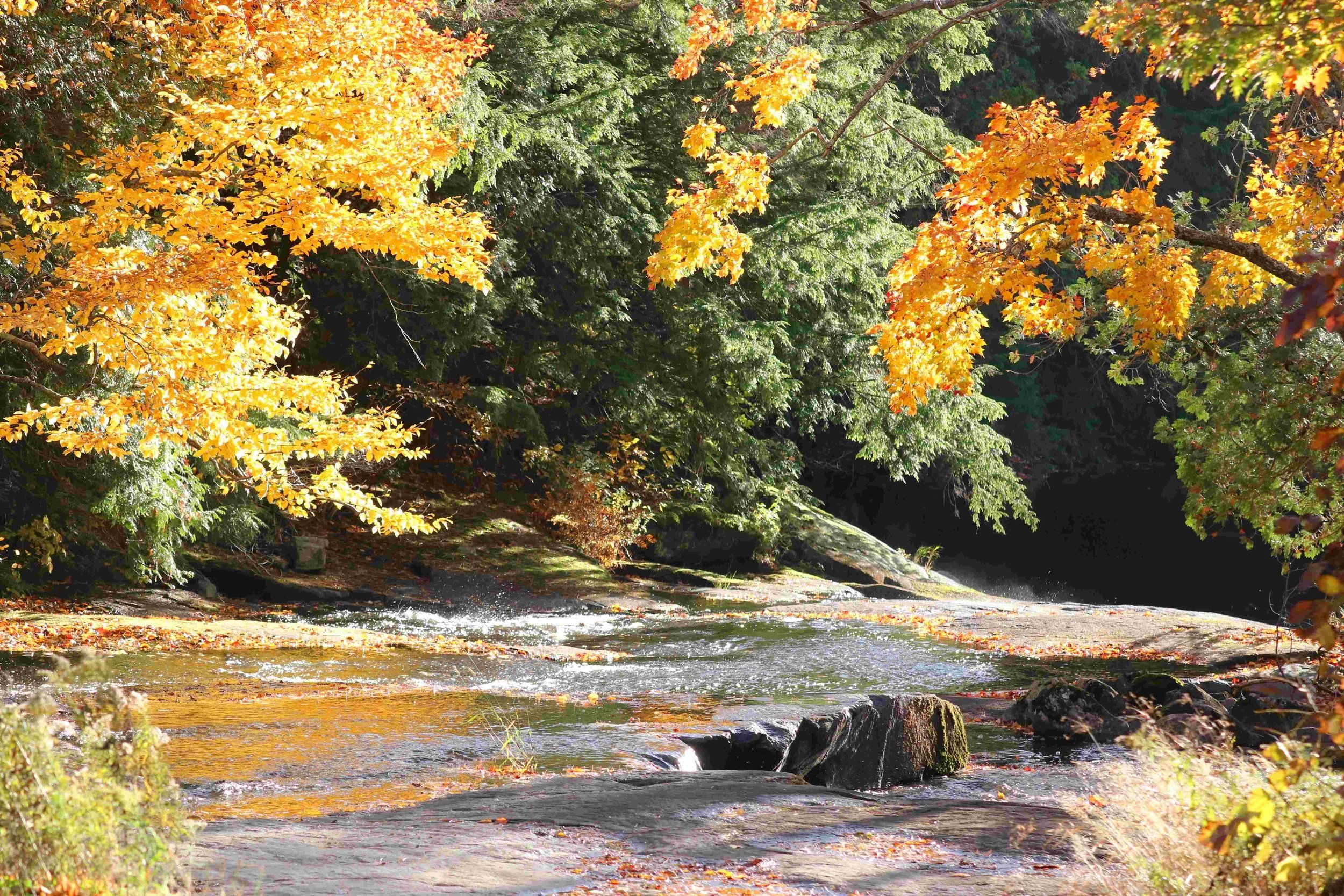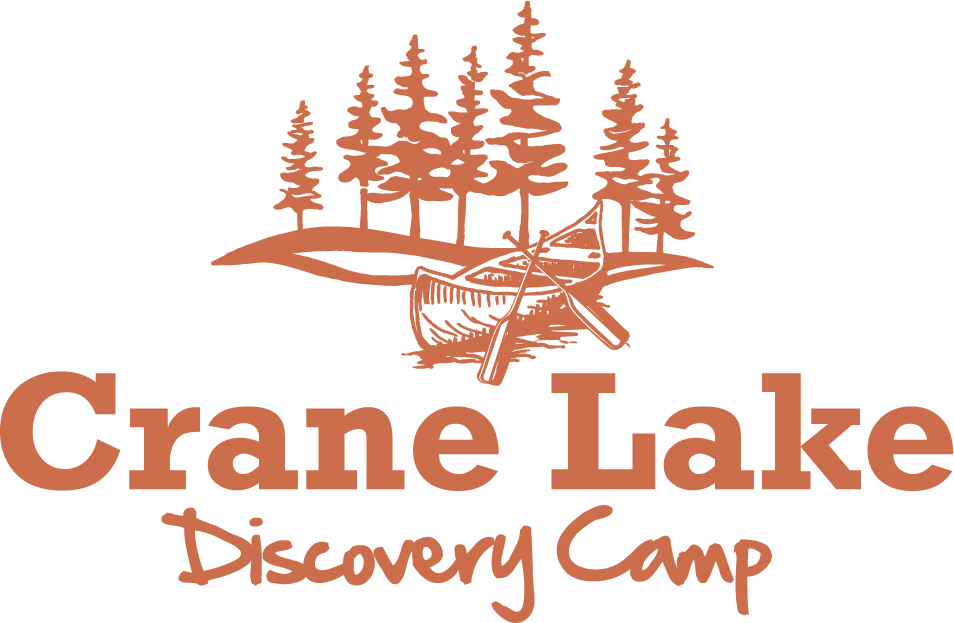
Frequently asked questions
Have questions?
Below you can find answers to some Frequently Asked Questions.
Don’t see what you’re looking for? Contact us and we will be happy to answer your questions.
FAQs about scheduling
-
Campers can join our program at any time in the year, depending on availability of placements.
-
Most boys stay an average of 12 to 24 months, depending on their progress in meeting their goals. Every three months, we meet with caregivers, staff, and the boy to assess his progress. When both caregivers and the boy feel confident that he has made enough progress to do well at home and school, he graduates from the program. Staff continue to provide support during this transition.
-
Participants have Home Visits every 6 weeks, which involve a four-day weekend in their home environment. This visit is important to help boys and their caregivers reconnect, but it also shows a boy’s progress. Our Family Worker works closely with caregivers to facilitate a successful home visit.
FAQs about finances
-
The cost of enrollment is based on a sliding scale model, which means each family pays what they can afford. We do not turn boys away because of financial reasons. With the help of fundraising and donations, we ensure that a boy will never be turned away because of finances. During the enrollment process, we will discuss finances.
-
We can help. We have a supply of donated clothing for boys so they always have what they need.
FAQs about safety
-
Our staff are experienced and enthusiastic naturalists, and are well-trained in wilderness camping and survival skills. They are also certified in First Aid, CPR, and Lifeguard Bronze.
-
Whenever campers are in the water, there are two certified lifeguards on duty. Safety equipment is always available.
-
All staff are certified in First Aid. A walk-in clinic is available in nearby MacTier. The nearest hospital is Parry Sound, which can provide medical evacuation by a helicopter in emergencies.
-
Campers do everything as a group, so a boy’s absence will be noticed quickly. When boys have run away in the past, we were able to find them quickly. If we do not find him within two hours, we will activate Search and Rescue procedures with local authorities. In our decades of running camp, we have never had to call Search and Rescue (we know how to find the boys).
-
All tent structures are winterized in the fall with R-5 insulation and are equipped with a wood stove for warmth. Each tent is approximately 360 square feet, which makes them easy to heat even in a extreme cold snap. In emergencies, campers can be housed in other buildings like the Chuckwagon (Dining Hall).
Who can attend?
-
Our program is based on consent. Without his willing participation, he is unlikely to make therapeutic progress. We are happy to meet with you and your son, and work together to gain his trust until he is ready to commit to living at camp and investing in change.
-
No. All boys are welcome, regardless of their faith. All the staff are Christians, and their faith impacts their actions and the way they care for others. There are regular activities of Christian faith (reading the Bible, prayer before meals, chapel) throughout the week. However, faith is an invitation, not a requirement.
-
Because of the nature of the program, it is not therapeutically beneficial to mix genders. There are two similar camps for girls: Wilderness Way Girls Camp is located in Fair Play, South Carolina. Camp Duncan is located in North Carolina. Both camps are also members of the Wilderness Road Therapeutic Camping Association.
-
Absolutely! Many of our campers take regular medications. Our staff are trained in safe medication administration to keep your boy safe and healthy.
FAQs about the program
-
Any skill is clumsy and hard the first time through, but through repeated use, the boys gain confidence and skill in navigating interpersonal difficulties and problems. Because they practice these skills every day, in everyday life, they can adapt these skills to other situations in life. The skills aren’t learned and practiced in one-hour counselling appointments, but through daily living. As they learn and practice these skills, the patterns of problem solving become set.
-
When anti-social behaviour occurs, it is discussed by the group in a way that reinforces group values. A boy has a chance to work through his exposure to antisocial behaviour in a healthy, positive way, which actually strengthens him.
-
Never! We are not punitive. Cause and effect are the best teachers. Punishment isn’t needed when cause and effect are allowed to play out. If a boy has a destructive behaviour, the feedback of the group will bring him into line. And because every boy experiences problems and challenges, they are merciful to each other.
-
Boys in other therapeutic wilderness camps usually come up several levels from their initial assessment. Our approach is focused on developing skills essential to life-long learning, so that when boys leave our program, they have the discipline and the motivation to learn in a traditional school setting. They will have discovered how they learn and will know methods of self-regulation to overcome obstacles. Course work can easily be conquered with their new skills.

